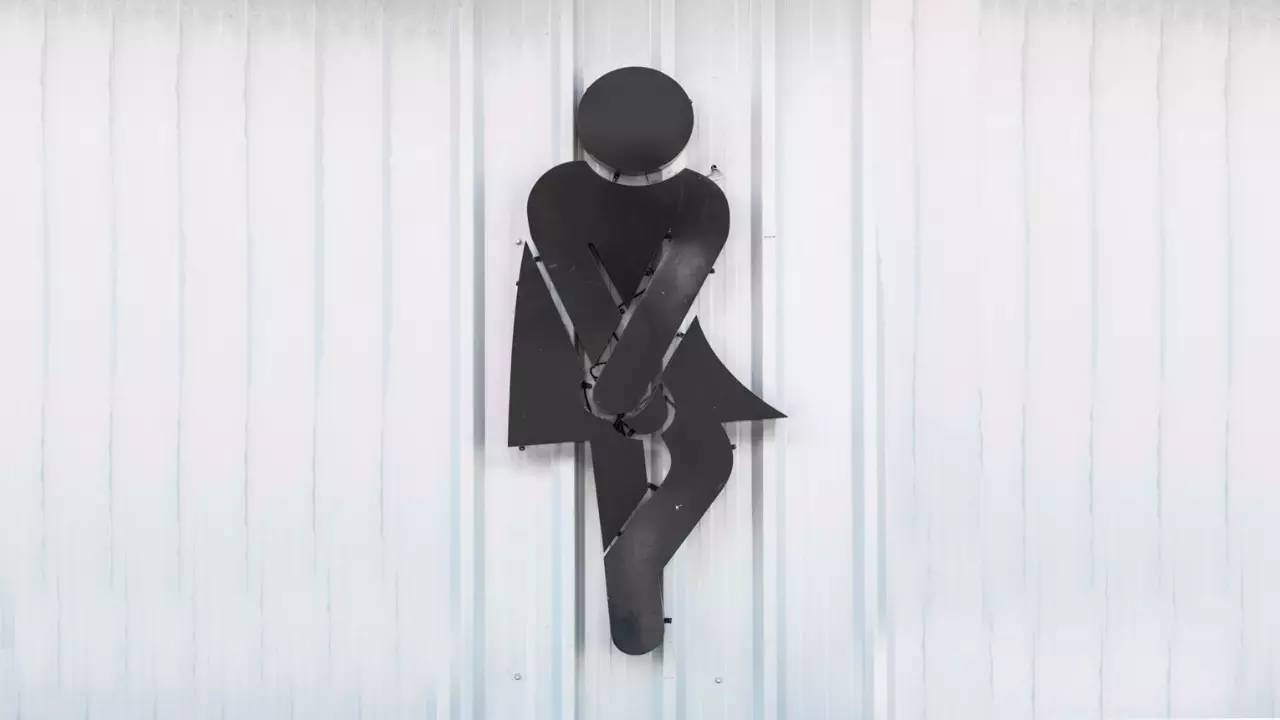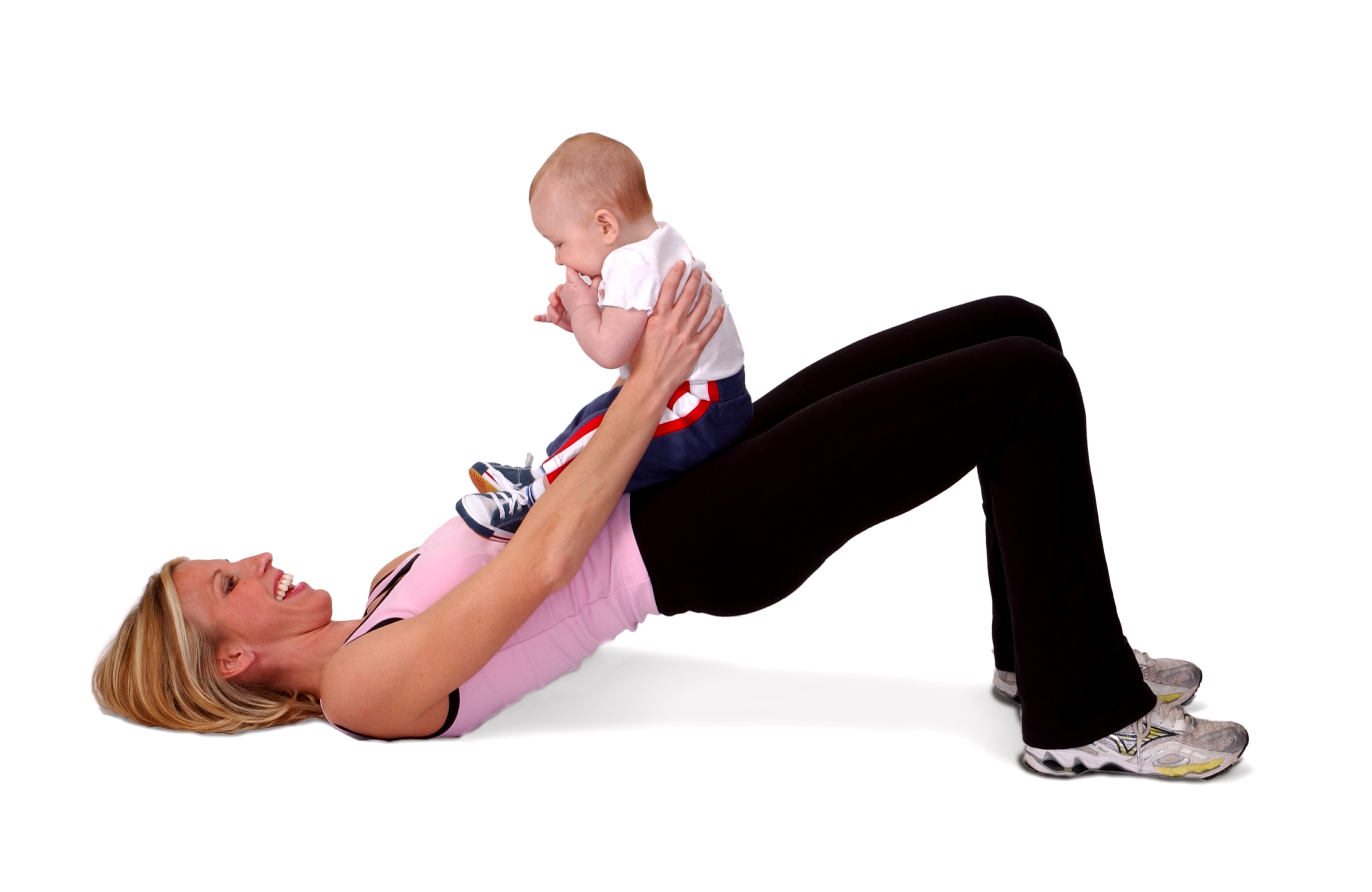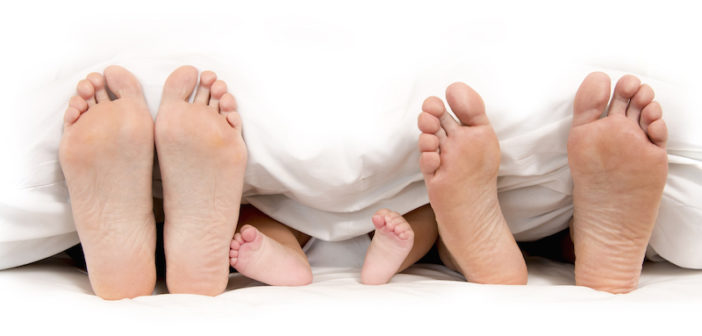After delivery, we expect our bodies to well… become our bodies again and return to normal. When this is taking longer than expected, you can get worrisome, anxious, annoyed or even depressed. Knowledge is empowering on so many levels, that’s why Dr. Juliette Kinn has laid out some guidelines to help us understand better the recovery of women postpartum.
Does it really only take Six weeks to recover?

From a medical standpoint, at 6 weeks any tearing, bleeding, muscle soreness etc should be on the mend, if not mended. But from a women’s perspective on how your body feels on a whole, you may still feel quite tired, sluggish and still not capable of doing too much. This is completely normal. Your body has been through some major changes, with stretching, pulling and now it’s trying to reduce and tighten up again. Depending on your delivery method, you will be facing a slightly different recovery:
- Vaginal delivery
With vaginal delivery, you may have had an episiotomy (a lateral incision at the base of the vagina) or natural tearing of the perineum from labor. Usually dissolvable stitches are used to help with healing. All women will have a certain amount of bruising, swelling and soreness of muscles after delivering. The first week is usually the worst, but by the second week you should start feeling like yourself again. Women have options on how to tighten vaginal walls after pregnancy, usually to retain a good sex life is a major reason.
- C-section
With a C-section you will undergo anesthesia and have a small incision made at the base of your stomach. Compared to vaginal deliveries, C-sections can be easier for mums during delivery as they wouldn’t need to go through the pain of contractions, but with recovery comes the difficult part. There will be some discomfort and recovery time will be longer, around a month. You will also need to take care when lifting anything, it can hurt and may tear recovering tissue. As a C-section means cutting through your uterine wall, women should wait a year before having another baby as it could cause complications for mum during labor.
Frequent trips to the toilet should be over with… right?

Pregnant women all have a certain amount of water retention during pregnancy, some more than others. You can tell if you have water retention by pressing your finger down on the shin of your leg. If you achieve the “memory foam effect” with an indent of your figure remaining in the tissue surrounding your shin, you have water retention. Water retention can also be more severe for women with preeclampsia. After delivery, the volume of water you retained during pregnancy will require a little time to be expelled, so you may need to pee a lot.
Some women may also they develop stress Incontinence due to the stress and tearing pregnancy and labor has on your muscles and ligaments. Stress incontinence occurs when physical activity such as, laughing, jumping or sneezing puts pressure (stress) on your bladder causing unintended urine leakage. Sometimes even the sound of running water can send you running to the toilet. Apart from incontinence issues, you may also expect some flatulence issues. There are methods to help counteract these issues such as: Kegal exercises or muscles retraining exercises with your Gynecologist.
What about bleeding after labor, when will it stop?
After childbirth, whether you delivered vaginally or by C-section, you will have bleeding (lochia). This is your bodies way of getting rid of the uterine lining after childbirth. The bleeding will change color and become lighter as your uterus heals and returns to its pre-pregnancy size. You may bleed as little as two to three weeks or a long as 6 weeks after having your baby.
What if it doesn’t stop??
If you are still bleeding after 6 weeks, see your OB/GYN for further examination.
Can I resume my usual activities?
 Yes, you can do whatever you feel up to doing, just don’t try to overdo it. Walking the dog, going for a stroll with your baby, these are nice relaxing activities and they get you out of the house, nobody likes to be cooped up all day. Household chores etc… leave them for your husband, that’s what he’s there for. Give yourself a chance to recover and to focus on your new born, especially during the first couple of weeks.
Yes, you can do whatever you feel up to doing, just don’t try to overdo it. Walking the dog, going for a stroll with your baby, these are nice relaxing activities and they get you out of the house, nobody likes to be cooped up all day. Household chores etc… leave them for your husband, that’s what he’s there for. Give yourself a chance to recover and to focus on your new born, especially during the first couple of weeks.
As an Obstetrician and Gynecologist, I wouldn’t suggest intercourse until around the 6-week mark. At 6 weeks, you will have your first postpartum checkup. We will check how you are doing, feeling, what’s it like with your new born (looking for any signs that may indicate postpartum depression) as well as checking on your physical recovery. Sometimes a women’s perineum or episiotomy scar hasn’t fully healed, so we would take a look and let you know if intercourse would cause pain or bleeding.
For those eager to get back to the gym, I would suggest waiting around two months before deciding to start back at the gym. Allow yourself enough time to recover, but most of all, listen to what your body is telling you.
Swimming would be not advised as well as taking baths. This can leave your uterus open to infection and so naturally is not advised until you have fully recovered.
What issues should be addressed to my OB/GYN?
Fever, pain, excessive bleeding, discomfort, incontinence….
Should I have a pelvic health assessment after labor?
 I would recommend a pelvic health assessment 2 months after labor, especially for anyone who is suffering with stress incontinence. It’s is recommended for all women to do some physiotherapy 2 months after childbirth. This is the so called, pelvic muscle rehabilitation. A therapist or midwife would assist you in mastering control over your own pelvic muscles, correcting issues related to incontinence or constipation.
I would recommend a pelvic health assessment 2 months after labor, especially for anyone who is suffering with stress incontinence. It’s is recommended for all women to do some physiotherapy 2 months after childbirth. This is the so called, pelvic muscle rehabilitation. A therapist or midwife would assist you in mastering control over your own pelvic muscles, correcting issues related to incontinence or constipation.
For more information on pregnancy or gynecology issues, call and book an appointment with Dr. Juliette Kinn, OB/GYN, at OASIS International Hospital.
Click here, to view Dr. Juliette Kinn’s doctor biography
Tel: 010 – 5985 0499 or 010 – 5985 0200
This post is sponsored by OASIS International Hospital




